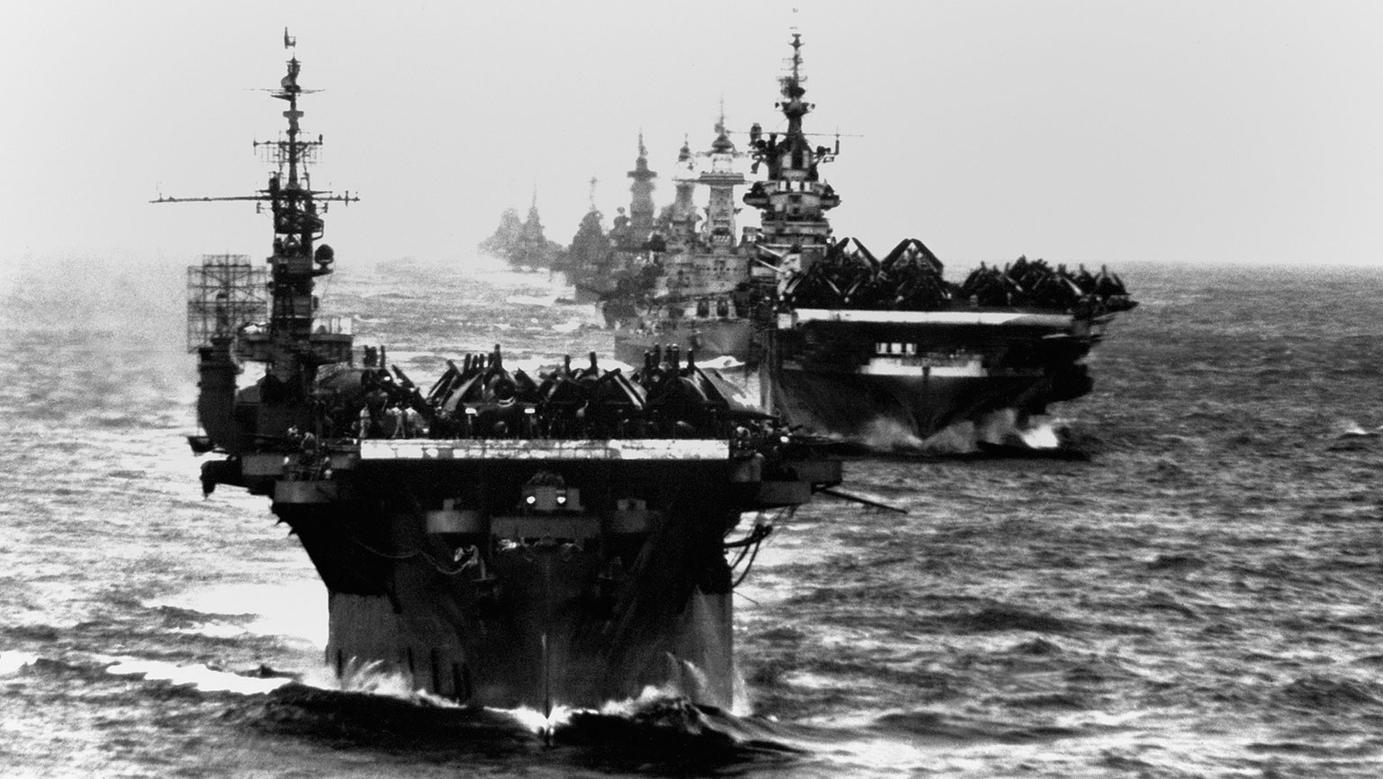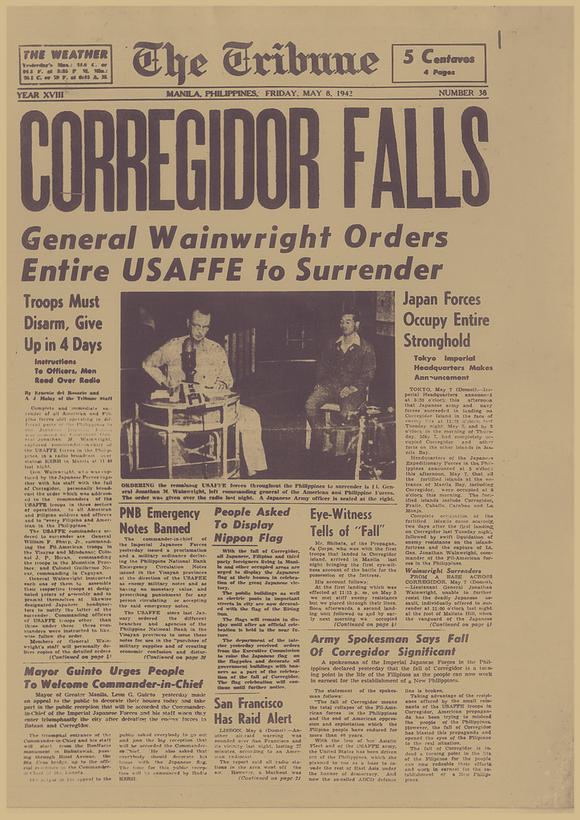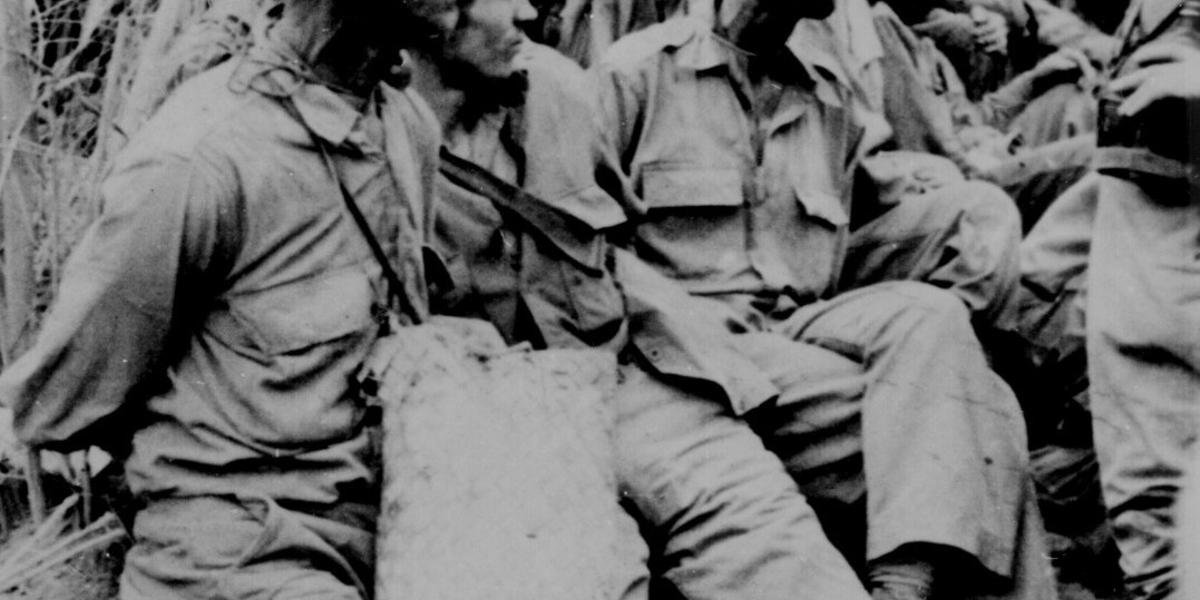
1 minute read
World War2 Background
from history magazine
The outcomes of World War II were the many lives lost, the erasure of certain cultures, and the economic destruction of the majority (Kesternich et al , 2014) The impacts of the conflict, however, go beyond that since people all across the world still have to cope with the fallout from earlier events. Through the parties involved, the following six years amounted to bloodshed, economic decline, and strife The Treaty of Versailles, which ended World War I, and the strong development of Nazism, which was sparked by Hitler's invasion of Poland in September 1930, were the two factors that led Great Britain and France to declare war on Germany, sparking the start of World War II (Château de Versailles, 2021) One distinguishing aspect of the conflict is the fact that it originated in Europe, despite the fact that nations in Asia, including the Philippines, found themselves drawn into it Due to prior colonial rule and a lack of economic support, the Philippines was struggling to grow further and was thus very susceptible to the country's subsequent colonization and attacks (Ybiernas, 2007) The Imperial Japanese Navy's strike on Pearl Harbor on December 7, 1941, which precipitated the start of the Japanese occupation in the Philippines as Japan desired to believe the Philippines was an American colony, was the first time the Philippines became involved in World War II (Imperial War Museums, n d ) When the Philippines entered the war, it had a substantial adverse effect because 1 million Filipinos lost their lives, infrastructure was eviscerated, and the GDP of the economy fell to 30% by the end of the events of the war (Chris Capozzola, 2020) The effects of World War II are still widely felt in the areas of culture, politics, and economics in the Philippines and the societies that live in the country
Advertisement





